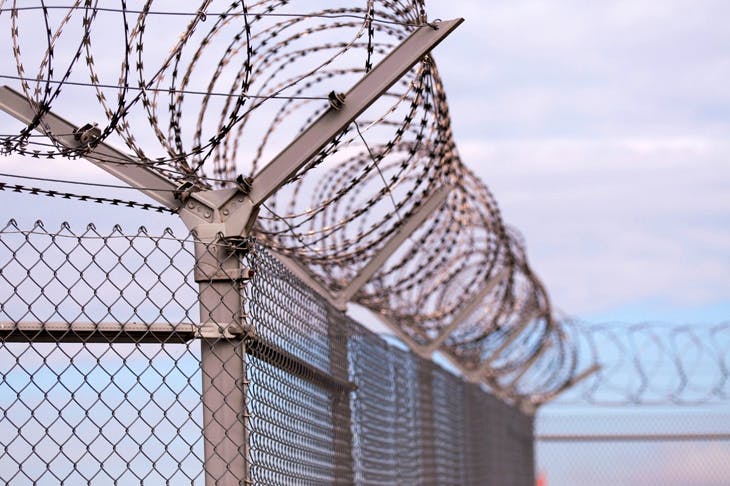On the Amazon page that sells the world’s smallest mobile phone, the reviews are mainly about putting it into your bottom. ‘What more can you ask for,’ writes a man called John Doe, ‘than this ergonomic phone that fits snugly in your rectum?’ Sean writes, ‘No anal problems!!! Didn’t hurt my bum at all!’ Pookey says it’s ‘easy to butt dial’, although may be talking about something else.
Already a subscriber? Log in
Subscribe for just $2 a week
Try a month of The Spectator Australia absolutely free and without commitment. Not only that but – if you choose to continue – you’ll pay just $2 a week for your first year.
- Unlimited access to spectator.com.au and app
- The weekly edition on the Spectator Australia app
- Spectator podcasts and newsletters
- Full access to spectator.co.uk
Or
Unlock this article
You might disagree with half of it, but you’ll enjoy reading all of it. Try your first month for free, then just $2 a week for the remainder of your first year.















Comments
Don't miss out
Join the conversation with other Spectator Australia readers. Subscribe to leave a comment.
SUBSCRIBEAlready a subscriber? Log in